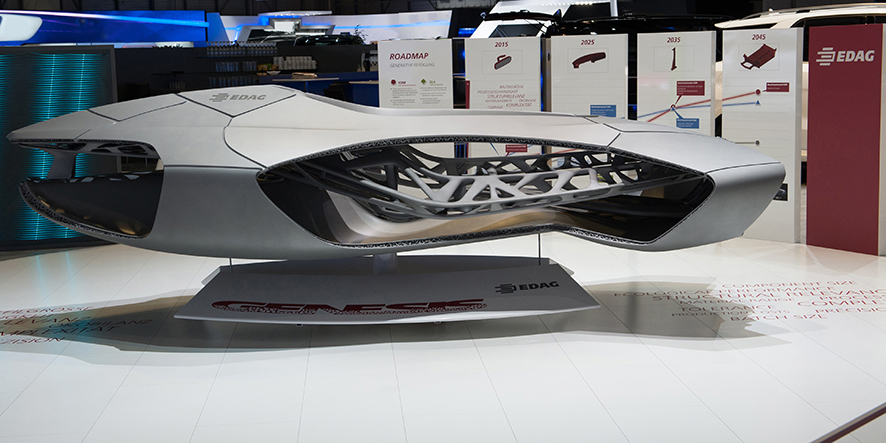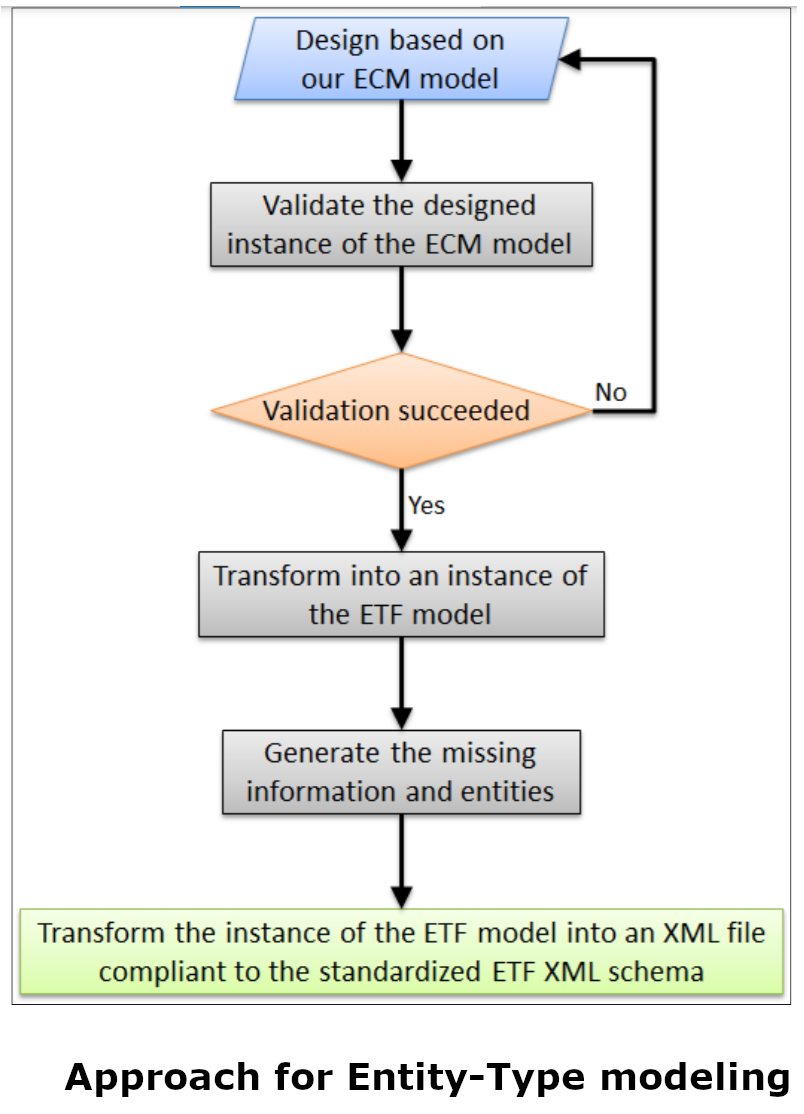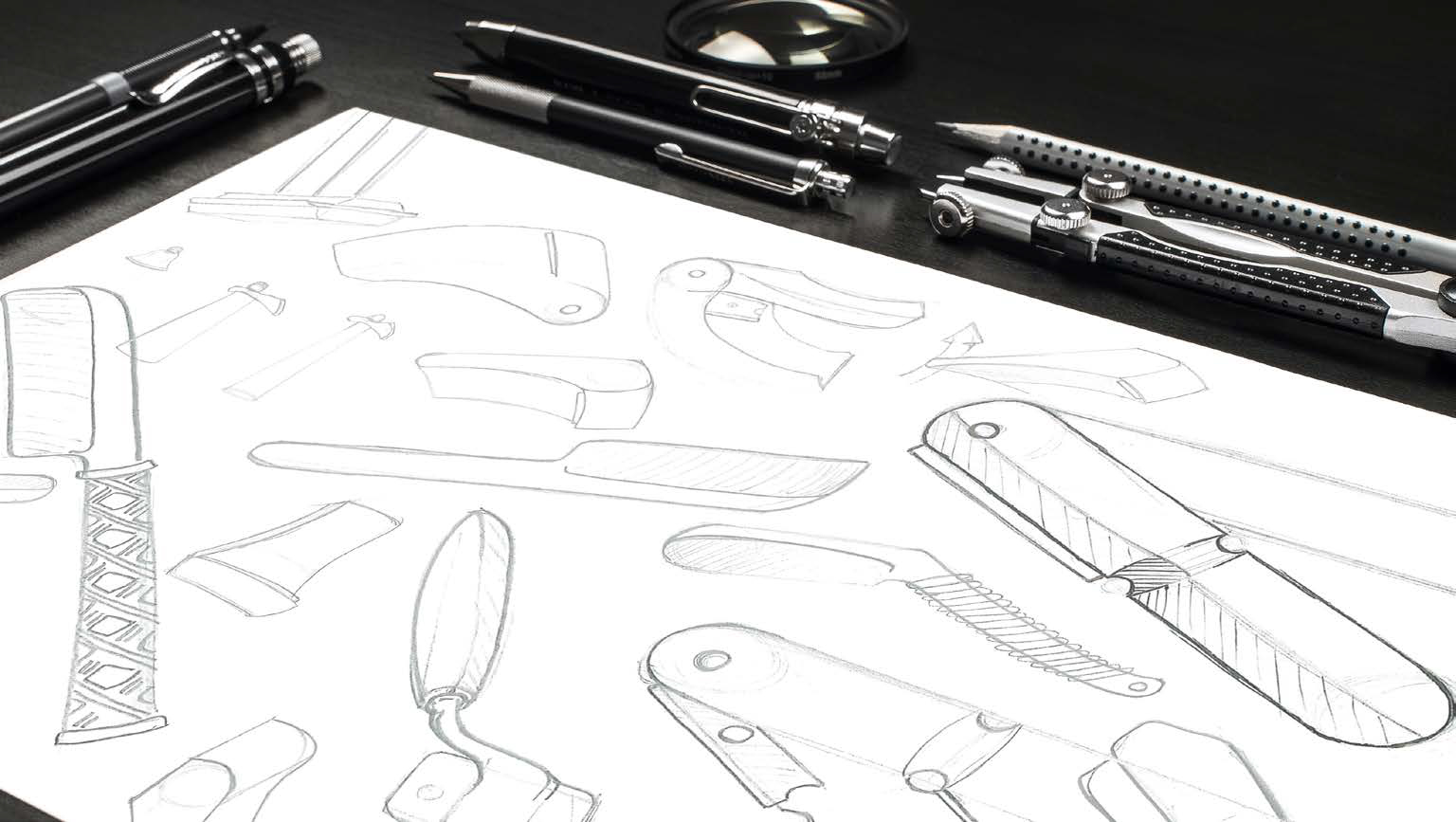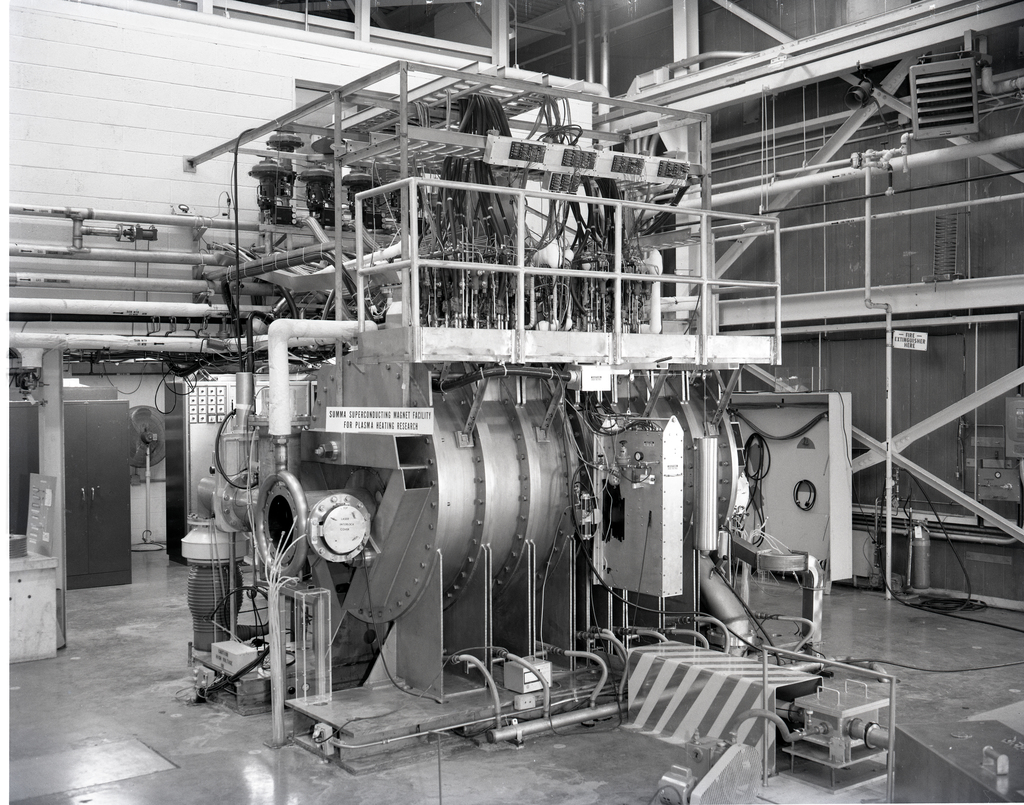1.Are you afraid during the interview?
If the above question belongs to you, then read the full article
First, we will understand whats the interview?
 |
| https://www.freepik.com/photos/ |
Interview
A job interview is an interview consisting of a conversation between a job applicant and a representative of an employer which is conducted to assess whether the applicant should be hired. it is the most popularly used device for employee selection.
एक नौकरी साक्षात्कार एक साक्षात्कार है जिसमें एक नौकरी आवेदक और एक नियोक्ता के प्रतिनिधि के बीच बातचीत होती है जो यह मूल्यांकन करने के लिए आयोजित की जाती है कि आवेदक को काम पर रखा जाना चाहिए या नहीं। यह कर्मचारी चयन के लिए सबसे लोकप्रिय उपकरण है।
A job interview typically precedes the hiring decision. The interview is usually preceded by the evaluation of submitted resumes from interested candidates, possibly by examining job applications or reading many resumes. Next, after this screening, a small number of candidates for interviews is selected.
नौकरी के लिए इंटरव्यू आमतौर पर हायरिंग के फैसले से पहले होता है। साक्षात्कार आमतौर पर इच्छुक उम्मीदवारों से प्रस्तुत रिज्यूम के मूल्यांकन से पहले होता है, संभवतः नौकरी के आवेदनों की जांच करके या कई रिज्यूमे पढ़कर। इसके बाद, इस स्क्रीनिंग के बाद, साक्षात्कार के लिए उम्मीदवारों की एक छोटी संख्या का चयन किया जाता है।
The job interview is considered one of the most useful tools for evaluating potential employees. It also demands significant resources from the employer, An interview also allows the candidate to assess the corporate culture and demands of the job.
संभावित कर्मचारियों के मूल्यांकन के लिए नौकरी के साक्षात्कार को सबसे उपयोगी उपकरणों में से एक माना जाता है। यह नियोक्ता से महत्वपूर्ण संसाधनों की भी मांग करता है, एक साक्षात्कार भी उम्मीदवार को कॉर्पोरेट संस्कृति और नौकरी की मांगों का आकलन करने की अनुमति देता है।
what are the things that need is to be prepared at the time of the interview?
Types of questions
- Tell Me About Yourself.
- How Did You Hear About This Position?
- Why Do You Want to Work at This Company?
- Why Do You Want This Job?
- Why Should We Hire You?
- What Can You Bring to the Company?
- What Are Your Greatest Strengths?
- What Do You Consider to Be Your Weaknesses?
- What Is Your Greatest Professional Achievement?
- Tell Me About a Challenge or Conflict You’ve Faced at Work, and How You Dealt With It.
- Tell Me About a Time You Demonstrated Leadership Skills.
- What’s a Time You Disagreed With a Decision That Was Made at Work?
- Tell Me About a Time You Made a Mistake.
- Tell Me About a Time You Failed.
- Why Are You Leaving Your Current Job?
- Why Were You Fired?
- Why Was There a Gap in Your Employment?
- Can You Explain Why You Changed Career Paths?
- What’s Your Current Salary?
- What Do You Like Least About Your Job?
- What Are You Looking for in a New Position?
- What Type of Work Environment Do You Prefer?
- What’s Your Management Style?
- How Would Your Boss and Coworkers Describe You?
- How Do You Deal With Pressure or Stressful Situations?
- What Do You Like to Do Outside of Work?
- How Do You Prioritize Your Work?
- What Are You Passionate About?
- What Motivates You?
- How Do You Like to Be Managed?
- Where Do You See Yourself in Five Years?
- What’s Your Dream Job?
- What Other Companies Are You Interviewing With?
- What Makes You Unique?
- What Should I Know That’s Not on Your Resume?
- What Are Your Salary Expectations?
- What Do You Think We Could Do Better or Differently?
- When Can You Start?
- Are You Willing to Relocate?
- Sell Me This Pen.
- Is There Anything Else You’d Like Us to Know?
- Do You Have Any Questions for Us?
Situational interview questions
Behavioral (experience-based or patterned behavioral) interviews are past-oriented in that they ask respondents to relate what they did in past jobs or life situations that are relevant to the particular job-relevant knowledge, skills, and abilities required for success. The idea is that past behavior is the best predictor of future performance in similar situations. By asking questions about how job applicants have handled situations in the past that are similar to those they will face on the job, employers can gauge how they might perform in future situations.
Other types of questions
Other possible types of questions that may be asked alongside structured interview questions or in a separate interview include background questions, job knowledge questions, and puzzle-type questions. A brief explanation of each follows.
- Background questions include a focus on work experience, education, and other qualifications. For instance, an interviewer may ask "What experience have you had with direct sales phone calls?" Interviews composed primarily of these types of questions are often labeled "conventional interviews".
- Job knowledge questions may ask candidates to describe or demonstrate knowledge, skills, and abilities (KSAs) relevant to the job. These are typically highly specific questions. For example, one question may be "What steps would you take to conduct a manager training session on safety?
--------------------------------------------------------------------------------------------------------------------
2.What engineers should do between academics?
In today's world, everyone is trying to get into the engineering sector & that's why they are joining engineering colleges & studying engineering without surveying their future based on current market situations.
I am not against engineering but the only thing I fee to remember you all, that first check the huge demanded sector as per your capability.
Engineering is a highly demanded stream but due to Demand supply, Outdated syllabus, Fake Faculty & facility, I.T sector development & Prestige issue its creating unemployment.
In a further paragraph, I am going to describe that what engineers should do after/between the academic to get a great career.
1. Set your long term Goal
2. Check out all the difficulties which will be coming in the future to achieve the same goal
3. Along with the degree you just need to prepare some value-added training program as per engineering stream like( Design Software/engineering & Validation Software)
4. Develop your personality/ be like an engineer with your personality and dressing sense.
5. Improve your communication skills
6. Learn interview techniques
7. Start working on real-time OJT projects
8. Start following your inspiration
9. Work hard to achieve your goal

--------------------------------------------------------------------------------------------------------------------
3.Why Design? After Mechanical Engineering
Mechanical engineering is an engineering branch that combines engineering physics and mathematics principles with materials science to design, analyze, manufacture, and maintain mechanical systems.
The mechanical engineering field requires an understanding of core areas including mechanics, dynamics, thermodynamics, materials science, structural analysis, and electricity.
In addition to these core principles, mechanical engineers use tools such as computer-aided design (CAD), computer-aided manufacturing (CAM), and product lifecycle management to design and analyze manufacturing plants, industrial equipment and machinery, heating and cooling systems, transport systems, aircraft, watercraft, robotics, medical devices, weapons, and others. It is the branch of engineering that involves the design, production, and operation of machinery.


- • Introduction to engineering design
- • Engineering design process
- • Documentation and writing technical reports
- •The role of the design engineer User Operator Manufacturer Engineer Designer Customer Client Need for communication
- •Design Process Customer needs a solution to a problem Properly functioning system Requirement analysis System Design (Conceptual Design + Preliminary Design) Detailed design and test System integration and product test
- •Requirement Analysis Customer needs a solution to a problem Assess needs Statement of problem Specify design requirements Requirement specifications
- •Needs assessment • The aim is not to solve the problem but to understand what the problem is – What does this client want? – What is the problem that the design is to solve?
- • The objectives (goals) and constraints of the problem should be identified – Objectives: summary of the needs that the design is to satisfy (helps us to choose among alternative design configurations) – Constraints: the design must satisfy (takes logical values 0 or 1, helps to decide acceptably or not) Requirement analysis Customer needs a solution to a problem Assess needs Statement of problem Specify design requirements Requirement specifications
 |
| https://www.freepik.com/photos/ |


A resume is a kind of your identity which represents you inside the resume, also it helps the interviewer to recognize ability, skills & potential inside you.
A resume designed with a "summary" of relevant job experience and education, a resume is typically limited to one or two pages of size A4 or letter-size, it is also used to screen applicants, often followed by an interview.
Types of resume format
1.Chronological Format
2.Functional Format
3.Combination Format
Details
1.Chronological Format
- Lists Most recent position First
- Most Common Resume Type
- most preferred by employers
- Often used by people who have gaps in their employment history
- Focus on the experience, knowledge
- Its a combination of Chronological format & functional format of resume
- Emphasizes what make you the best fit for the job
Considerations while making a resume
- Plan your professional career goal.
- Choose a pro-resume format that matches your professional qualifications.
- Arrange contact section
- profile Summary
- core competencies
- expertise
- organizational experience
- previous experience
- training
- academic details & personal details.
- survey your organization whom you are preparing for the interview
- Don't forget dates & sign to mention
- put your responsibilities and achievements
- Information should be neat and clean
- use chronological/functional resume format
Coronavirus has unleashed destruction hands-on industry. To turn into a fruitful Engineer, you need to comprehend which abilities are popular now and which industry areas are developing right now.
since the beginning of 2020, the world has been seeing a wellbeing disaster with dubious ramifications. The Covid pandemic of Covid-19 has created ruin, causing tremendous harm as far as loss of living souls just as monetary and financial deficiencies.
The Covid flare-up has endured an unforeseen shot on numerous enterprises all throughout the planet. Some saw deals go up, others encountered an enormous droop. Numerous superfluous organizations had to close.
Yet, what's the significance here for graduates? Is your picked industry actually employing? Will you be telecommuting? What issues are various areas presently confronting, and what does the future resemble for your profession?
Select the right Value Added training/software to do as per stream between engineering before it gets late
Let me give me you some example which helps you to know your stream & their work
Mechanical Engineering
Mechanical Engineers are liable for planning and building mechanical frameworks and machines, all things considered. They assemble instruments and gear that make the world run. Present-day ways of life rely upon the proceeded with accomplishments of Mechanical Engineers.
Mechanical Engineers make:
- Assembling offices that house enormous machine's to serve numerous enterprises
- Transport frameworks like vehicles, trains, boats, and airplane
- Particular apparatuses and hardware for both individual use and significant fields like medical care.
The mechanics of things to come include:
- Idealizing types of movement like fast rail and vertical departure/setting down airplane
- Mechanical technology made by Mechanical Engineers represent considerable authority in mechatronics (see beneath)
- Machines that outfit the force of the tides
- Exceptionally particular instruments that are conservative and productive for applications going from craftsmanship to medication and past, to tests done in space.
Civil Engineering

Structural Engineers construct the world's urban areas. They work with designers, development organizations, and researchers to guarantee that we live and work in protected, effective, and economical conditions.
Structural Engineers deal with:
- The designs we depend on, from little structures to high rises
- Streets and extensions
- Frameworks for water, gas, power, and media communications.
Future Civil Engineering activities will:
- make much bigger high rises conceivable, permitting numerous individuals to team up and work in a solitary spot
- take into account new methods of transportation to be carried out
- make reusing waste and utilizing assets, for example, water and power more productive
- oblige new innovations like self-driving vehicles.

- Force plants and new innovation for bridling and disseminating power
- Media communications stages and conveyance frameworks
- Force and lighting for houses, workplaces, and metropolitan structures
- Electronic segments of PCs and different instruments (see hardware engineer beneath).
- Quicker and more proficient remote charging frameworks
- New kinds of electric vehicles
- The up and coming age of sun-oriented innovation for a greener force framework.
The reasons are
(1) Incapable Engineers

- Don't have quality education

- out-dated syllabus

- Lack of practical training

- Design & development training is missing

(2) Older/Outdated Syllabus
According to the Industry, the college and their syllabus aren't refreshing straightly, the current engineer can't survive & compete with people with a 10year old syllabus

(3) Improper communication Skills

(4) lack of personality development

(5) lack of Interview techniques awareness

(6) lack of dressing attire awareness

(7) lack of body language awareness

Choosing This After Engineering will take your career next level
Generative Engineering

Design Validation

Drafting & Documentation

Fastening design

Fastening manufacturing
Industrial design

(MDM) Mechanical Design Management

P & ID Design

Manufacturing component/part

Automotive Design

Plastic Design
Sheetmetal design

BIW Design

----------------------------------------------------------------------------------------------------------------




No comments:
Post a Comment
If you have any doubts, please let me know